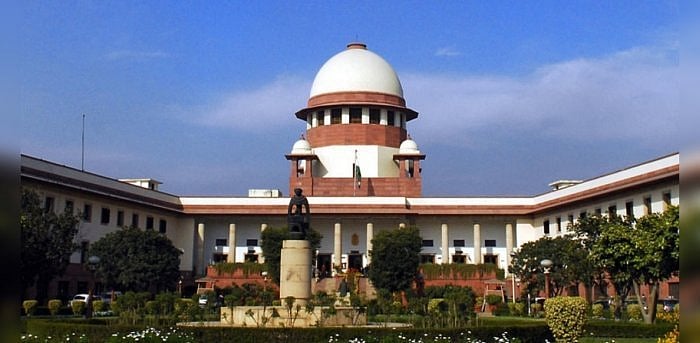
The Supreme Court on Friday pulled up the West Bengal government for filing repeated pleas for permission to appoint its own Director General of Police without the involvement of the Union Public Service Commission.
A bench of Justices L Nageswara Rao, B R Gavai and B V Nagarathna said such applications are an "abuse of the process of law" and that it is not expected from a state government.
The court also pointed out that the state had filed similar application in past too which was rejected. "We will be very frank... don't file repeated applications," the bench told senior advocate Sidharth Luthra, appearing for the State.
In its plea, the Mamata Banerjee government sought to have complete freedom to select DGP and questioned UPSC's role in the process, saying law and order and police fell under the State's domain.
Since the bench refused to entertain the application of the West Bengal government, Luthra sought permission to withdraw the application.
The apex court allowed his plea and granted him permission to implead in the main case relating to the police reforms.
Advocate Prashant Bhushan, appearing for retired IPS officer Prakash Singh, said the apex court's judgement passed 15 years ago on police reforms remained unimplemented in most of the States. He asked the court to fix the main matter related to compliance of the apex court's directions.
The court agreed to consider the main matter in October.
In its application, the West Bengal government contended that involvement of UPSC in selection of DGP of a state was not permissible under the Constitution and was against the federal structure. The UPSC has neither the jurisdiction nor the expertise to consider and appoint the DGP of a state, it said, adding the State has autonomy and ultimate power of superintendence over police officials.
It questioned apex court's landmark judgement on police reforms in the Prakash Singh case in 2006, saying the verdict erred legally and constitutionally by assigning the UPSC the task of selecting a panel of three officers for the post of a State DGP.
In the judgment, the top court had assigned a key role to the UPSC in selecting DGP to stop the States from selecting a regime sensitive police officer to the top post. It had also granted the DGPs a fixed tenure of two years irrespective of their age of retirement.

